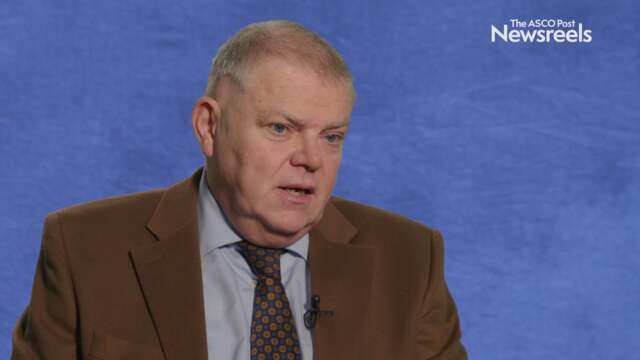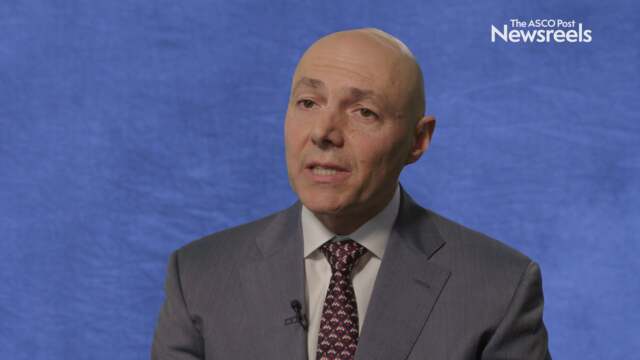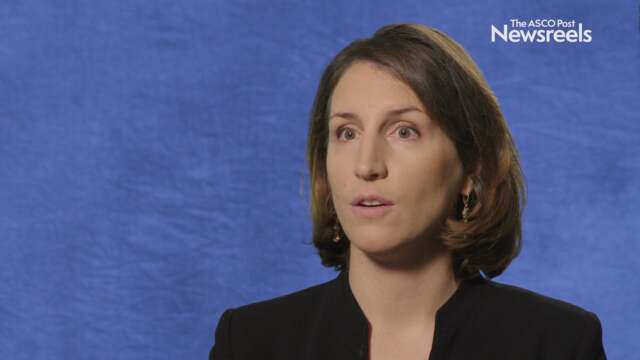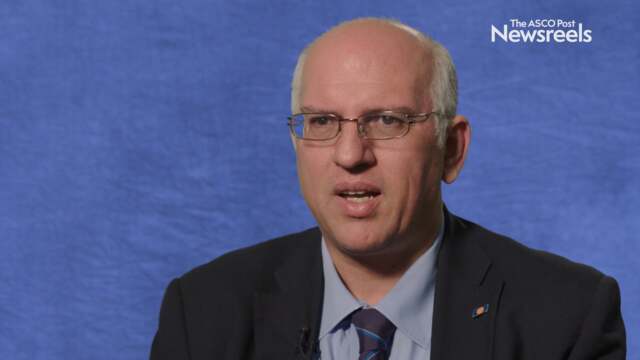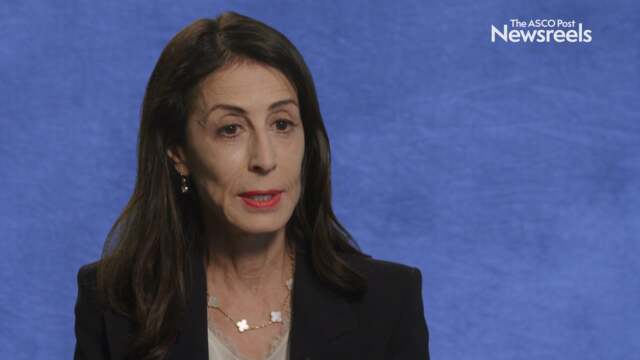Tony Mok, MD, on NSCLC: Targeted Treatment Update
ESMO 2018 Congress
Tony Mok, MD, of the Chinese University of Hong Kong, discusses two important studies in non–small cell lung cancer: FLAURA, which looked at the first-line activity of osimertinib and the mechanisms of resistance; and ALESIA, which examined crizotinib dosing.
Johan F. Vansteenkiste, MD, PhD, of Catholic University Leuven, summarizes a session he co-chaired that included discussion of translating advances in stage IV disease to nonmetastatic lung cancer, TKI approaches in early-stage disease, and integrating immunotherapy and TKIs in stage III disease management.
Ezra E.W. Cohen, MD, of the University of California, San Diego, discusses the effectiveness of anti–PD-1 therapy in patients with recurrent head and neck cancer and the studies that might help predict who will benefit, how to combine agents, and ways to reduce long-term toxicity.
Laurence Albiges, MD, PhD, of Gustave Roussy, discusses data from the global, phase III JAVELIN trial that compared axitinib plus avelumab vs sunitinib, which could lead to a new standard of care in renal cell carcinoma (Abstract LBA6_PR).
Paolo A. Ascierto, MD, of Istituto Nazionale Tumori–Fondazione Pascale, discusses the breakthroughs in melanoma treatment and the challenges of managing toxicities, especially endocrine and neurologic side effects, which can require lifetime hormone replacement and may cause permanent dysfunction.
Cora N. Sternberg, MD, of San Camillo-Forlanini Hospital and the Israel Englander Institute of Precision Medicine at Weill Cornell, discusses results from the phase III CheckMate-025 study on nivolumab vs everolimus for mRCC; the CheckMate-214 study on nivolumab, ipilimumab, and sunitinib for treatment-naive advanced or metastatic clear-cell RCC; and immunotherapy for urothelial cancer for both first- line cisplatin-ineligible and second-line therapy after cisplatin chemotherapy.
